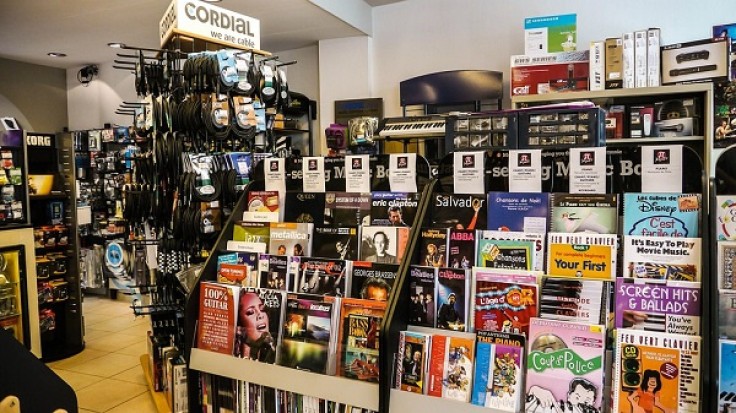
Despite many movements to support many music stores in the United States and around the world, the coronavirus pandemic can be a "death knell" for some indie music stores in the country. Due to the pandemic, many music stores were forced to temporarily close.
In Illinois, Matt Jencik, owner of Reckless Records, closed its doors to its customers the day before Gov. J.B. Pritzker issued a stay-at-home order. Jencik's store has three branches in Chicago and employs forty people, according to Rolling Stone. The store's closure is due to Jencik's worries about his customers' and employees' health. "I would wash my hands every 10 minutes," he said to Rolling Stone. "Every time we rang someone up, I would have to say, 'Go wash your hands.' It was getting to the point where I was just like, 'This is just not comfortable for anybody.'"
Although he relies on his stores for living, Jencik said that he hoped that the Illinois state government take a step and close small businesses like his so that he will not do it by himself. After the state government's decision, which put nonessential businesses across Illinois to a halt and promotes social distancing, Reckless Records conceived a survival plan for the pandemic.
Rolling Stone added closing stores to survive is brutal for small businesses, especially for music stores, which are mostly struggling. The pandemic, told the magazine, puts music stores in peril.
It has not been long, according to some store owners, when the Direct Shot Distributing nearly crippled their stores as it makes getting new releases challenging. Now, the pandemic comes along, putting them once more in jeopardy.
Aside from physical music stores, the magazine added that streaming has also been down last month since the U.S. started to shut down.
Other Effects
Organizers of Record Store Day announced that they moved their event from April 18th to June 20th due to the pandemic. The organizers also said that out of 250 indie music stores in the country, over 80% closed due to the pandemic.
In California, Jim Henderson, co-founder of Amoeba Music, said that closing the store is a difficult decision, but he said that it was the only decision to make to prepare for the inevitable. Doyle Davis, co-owner of Grimey's New & Preloved Music in Nashville, laid off some of her part-time staff. She received assistance from pop star Taylor Swift.
According to Carrie Colliton, marketing director of Department of Record Stores and co-founder of Record Store Day that the pandemic is a "crazy time" for small business person to sell records. But she added that business people in music industry are resilient. She added that music stores must change the way of doing business just to survive like telephone call and social media like Facebook and Instagram.
Cleaning Measures
Grimey's and Amoeba took measures to prevent the spread of coronavirus in their stores. In Grimey's, Davis urged customers to wash their hands before and after going into the store. In Amoeba, Henderson's employees placed hand sanitizers above their store shelves.
© 2026 MusicTimes.com All rights reserved. Do not reproduce without permission.







